ISPs continue to ‘mislead’ on broadband speeds
Ofcom worries ISPs are getting worse at misleading with advertised broadband speeds.
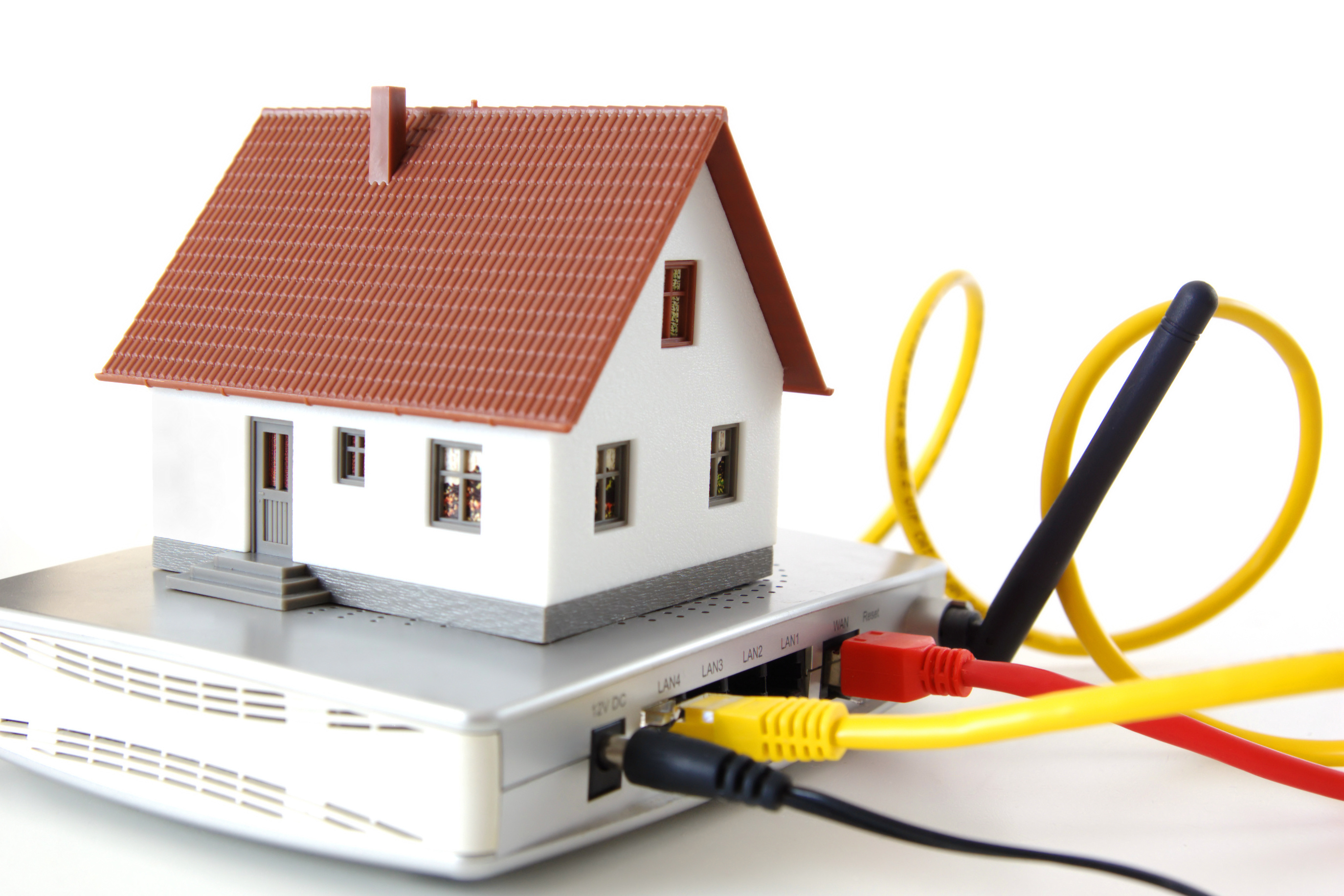

The gap between actual broadband speeds and advertised up to' speeds has widened, as concerns grow about misleading claims from ISPs.
Ofcom data showed the average advertised speed in May was 15Mbps, 8.2Mbps higher than average actual speeds of 6.8Mbps.
Copper ADSL lines, used by 75 per cent of UK homes, was far from delivering on the maximum of advertised speeds.
The average download speed received for ADSL up to' 20Mbps and 24Mbps ADSL services was 6.6Mbps. More than a third of customers (37 per cent) on such contracts received average speeds of 4Mbps or less.
An increase of just 0.6Mbps is not much for customers to get excited about.
"Although fewer ISPs now advertise their services by headline speed, Ofcom continues to be concerned that theoretical up to' speeds have the potential to mislead consumers," the watchdog said.
Ofcom has called for a Typical Speeds Range (TSR) to be implemented by advertising authorities.
Get the ITPro daily newsletter
Sign up today and you will receive a free copy of our Future Focus 2025 report - the leading guidance on AI, cybersecurity and other IT challenges as per 700+ senior executives
The TSR would force ISPs to represent the range of speeds actually achieved by at least half of customers, Ofcom said. Where up to' speeds are used in ads, the TSR should have at least equal prominence, it said.
"The research is still telling us that some consumers are not receiving anywhere near the speeds that are being advertised by some ISPs," said Ofcom chief executive, Ed Richards.
"Ofcom continues to urge the CAP and BCAP committees to make changes to their advertising guidance so that consumers are able to make more informed decisions based on the adverts they see."
A speed surge'
Ofcom had some positive news for end users, noting the average UK broadband speed increased by 10 per cent, from 6.2Mbps in November/December 2010, to 6.8Mbps in May 2011.
However, Michael Phillips, product director at Broadbandchoices.co.uk, questioned whether that accounted for a "surge" as Ofcom had suggested.
"An increase of just 0.6Mbps is not much for customers to get excited about," Phillips said.
"Our own independent consumer research revealed this year that broadband speed dissatisfaction actually increased for the fourth consecutive year in 2011 so this is clearly an issue that needs urgent attention."
In better news, superfast connections now reach most of the UK, with BT's Infinity product performing well and Virgin Media's 50Mbps service offering average speeds of 48Mbps
"The improved availability of superfast broadband from BT Infinity is a positive development but it's horses for courses so consumers should think about the speed they actually need before forking out," Phillips added.
Tom Brewster is currently an associate editor at Forbes and an award-winning journalist who covers cyber security, surveillance, and privacy. Starting his career at ITPro as a staff writer and working up to a senior staff writer role, Tom has been covering the tech industry for more than ten years and is considered one of the leading journalists in his specialism.
He is a proud alum of the University of Sheffield where he secured an undergraduate degree in English Literature before undertaking a certification from General Assembly in web development.
-
 Cleo attack victim list grows as Hertz confirms customer data stolen
Cleo attack victim list grows as Hertz confirms customer data stolenNews Hertz has confirmed it suffered a data breach as a result of the Cleo zero-day vulnerability in late 2024, with the car rental giant warning that customer data was stolen.
By Ross Kelly
-
 Lateral moves in tech: Why leaders should support employee mobility
Lateral moves in tech: Why leaders should support employee mobilityIn-depth Encouraging staff to switch roles can have long-term benefits for skills in the tech sector
By Keri Allan
-
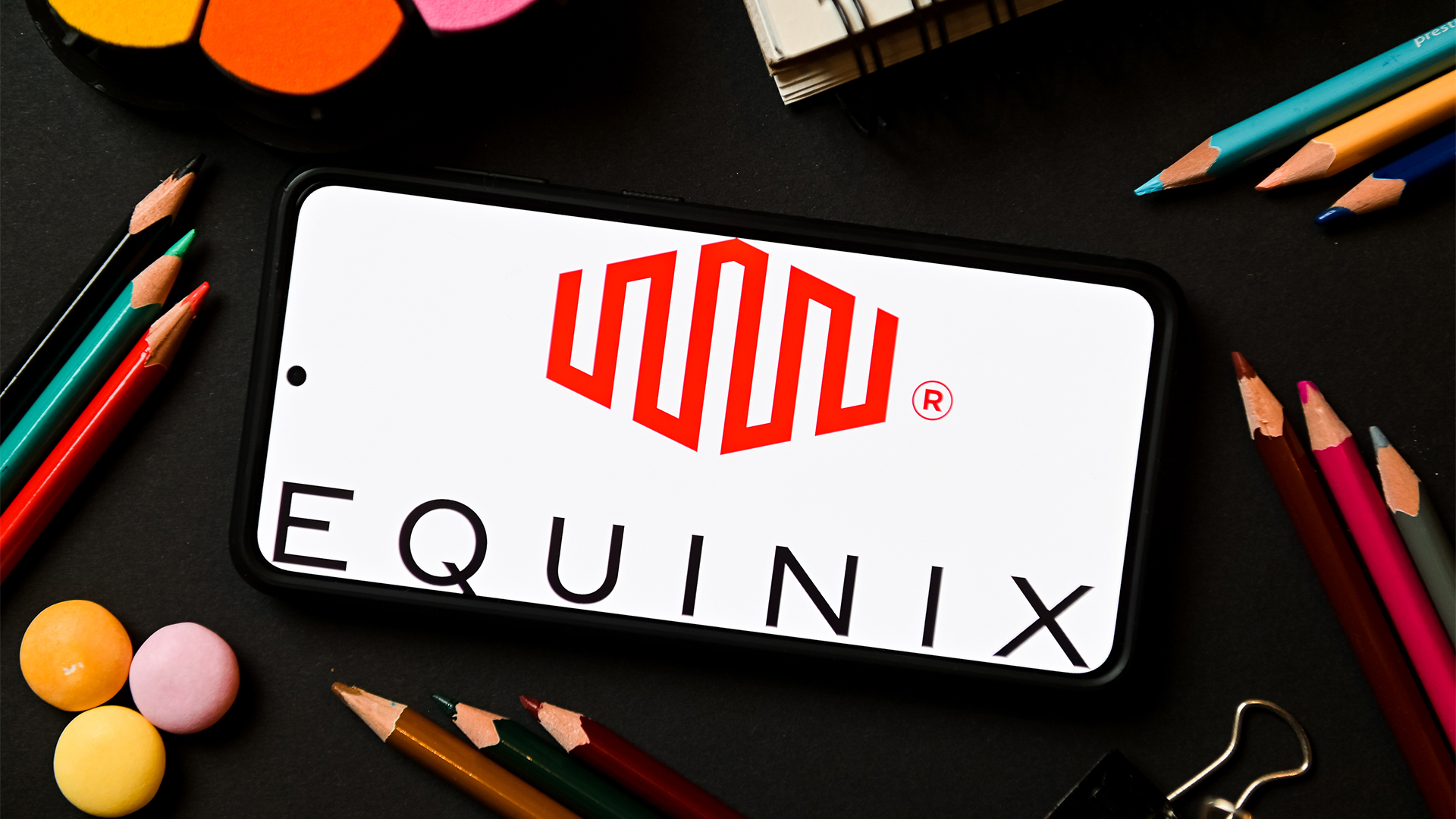 Equinix acquires BT's Irish data centers in €59 million deal
Equinix acquires BT's Irish data centers in €59 million dealNews As BT moves to an asset-light business model, Equinix looks to expand
By Emma Woollacott
-
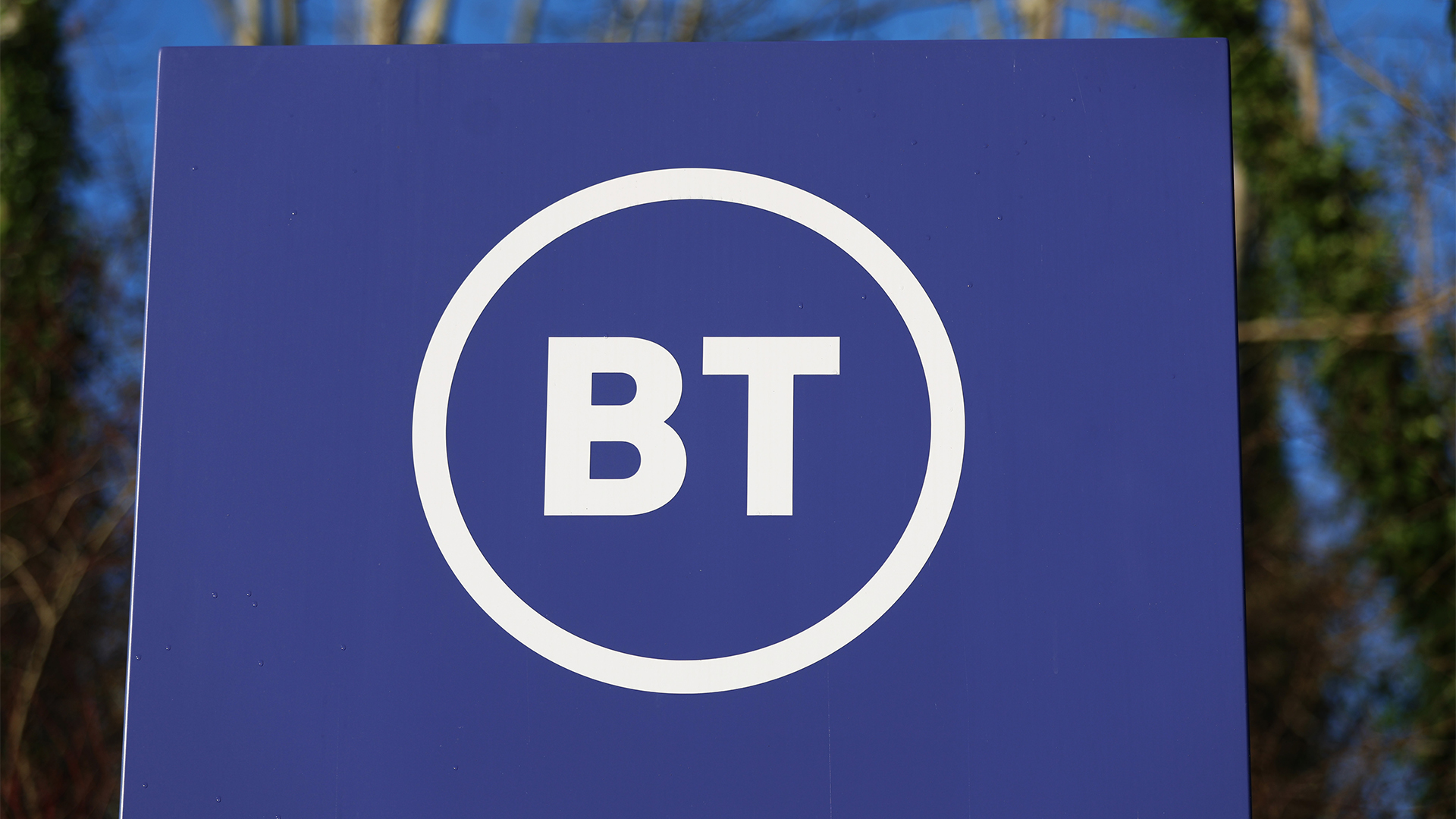 BT just extended the PSTN switch-off deadline — here’s what you need to know
BT just extended the PSTN switch-off deadline — here’s what you need to knowNews BT described the move as a “revision”, citing a series of improvements to the wider PSTN switch-off programme
By George Fitzmaurice
-
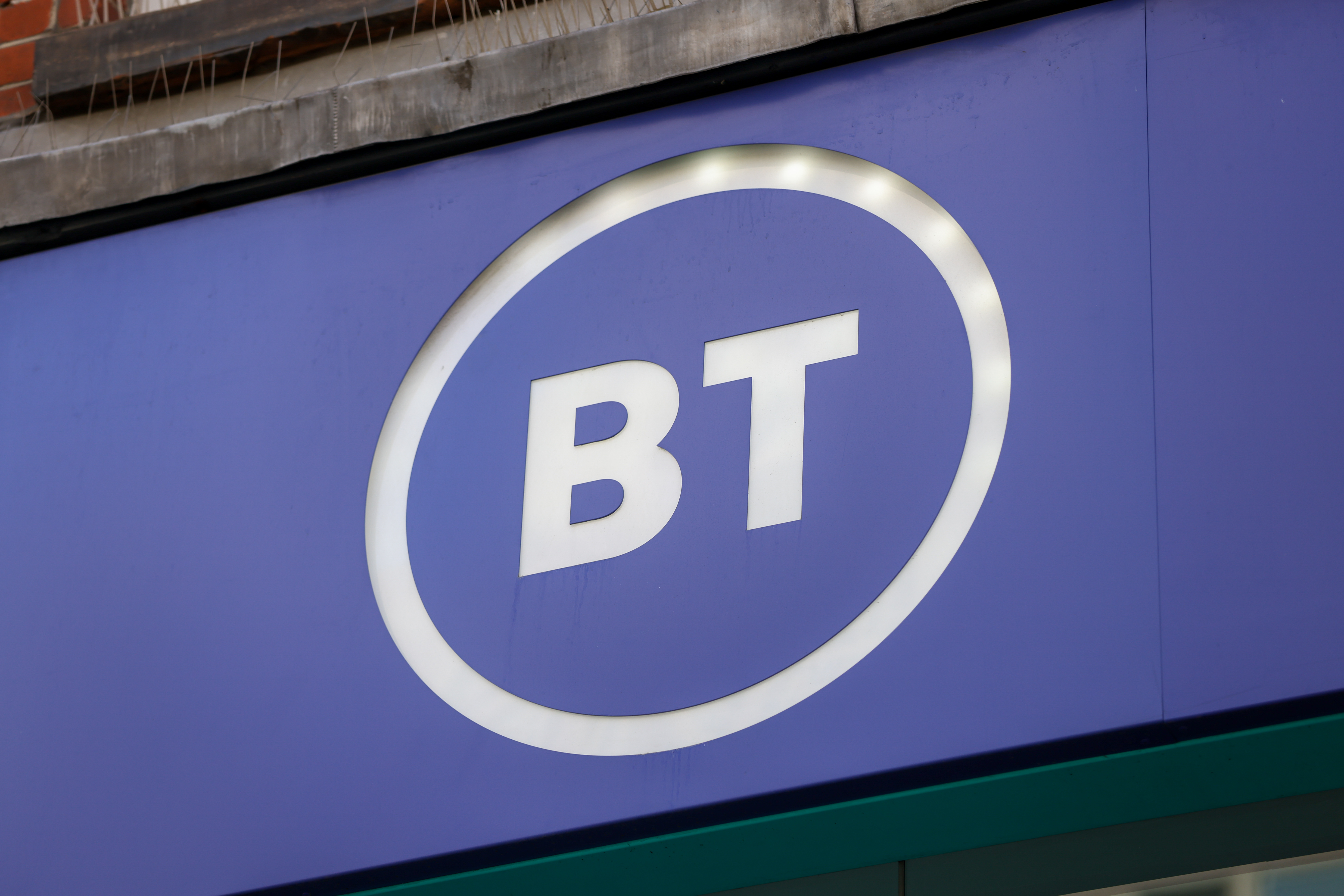 BT misses key Huawei kit removal deadline, but the telco is “almost over the line”
BT misses key Huawei kit removal deadline, but the telco is “almost over the line”News BT is still reliant on non-compliant Huawei equipment for 2G and 3G services
By Ross Kelly
-
 Ofcom net neutrality update dismisses calls for big tech contributions
Ofcom net neutrality update dismisses calls for big tech contributionsNews Ofcom’s net neutrality stance has been criticized by some industry stakeholders
By Emma Woollacott
-
 BT partners with HPE to deliver new global managed LAN service
BT partners with HPE to deliver new global managed LAN serviceNews The latest collaboration combines BT’s connectivity expertise with HPE Aruba Networking’s latest LAN solutions
By Daniel Todd
-
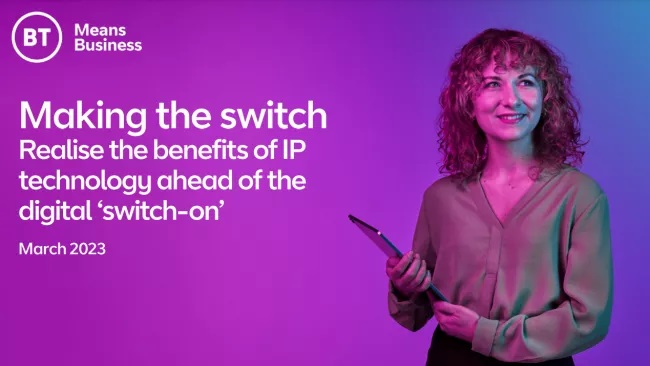 Making the switch
Making the switchWhitepaper Realise the benefits of IP technology ahead of the digital ‘switch-on’
By ITPro
-
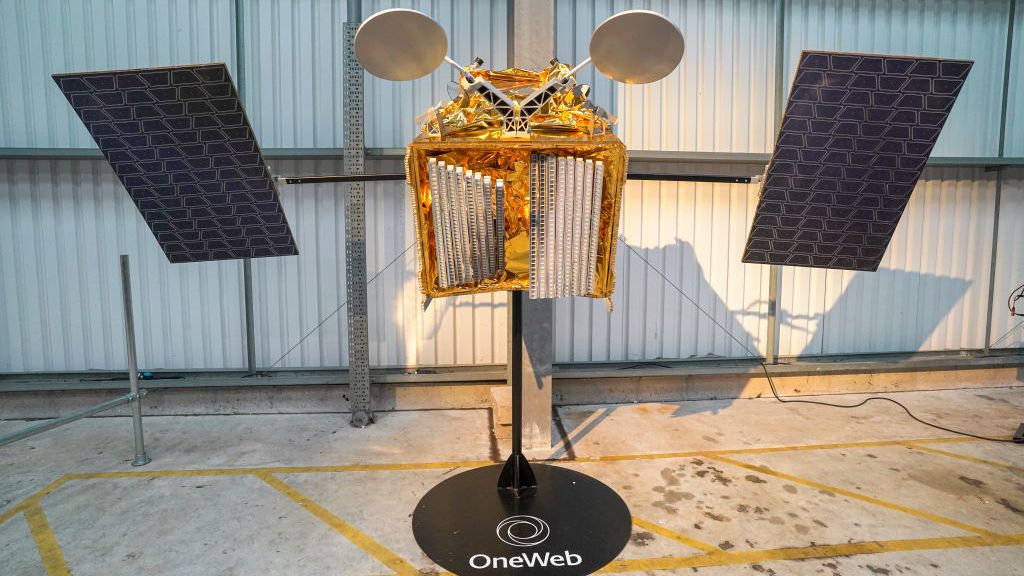 BT and OneWeb succeed in "game changer" satellite connection trial
BT and OneWeb succeed in "game changer" satellite connection trialNews Smaller businesses in rural areas could benefit from improvements to backhaul services using satellites, with speeds increasing by an order of magnitude
By Rory Bathgate
-
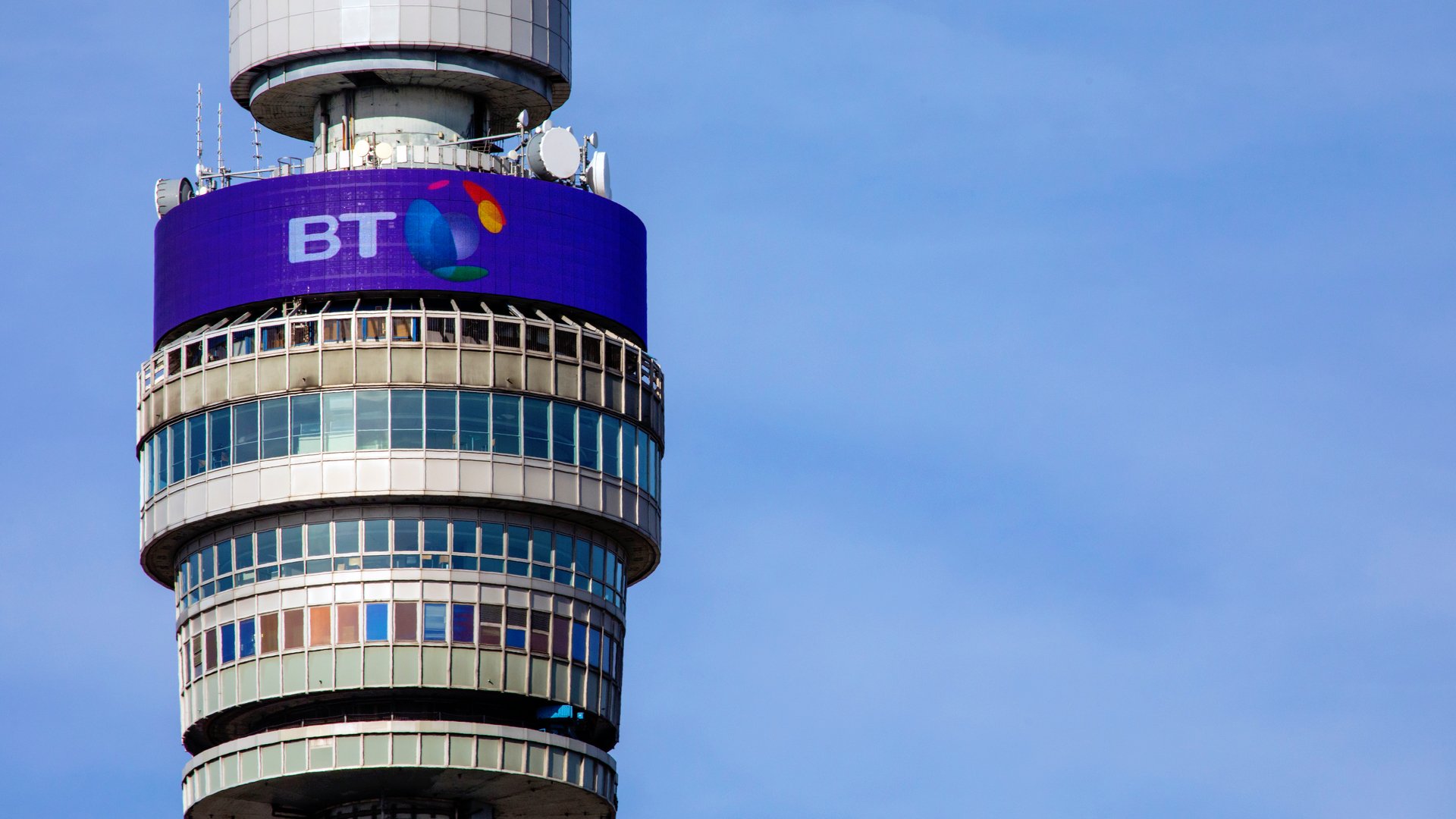 BT, Nokia crack four carrier aggregation on a 5G network in first for Europe
BT, Nokia crack four carrier aggregation on a 5G network in first for EuropeNews The breakthrough marks the first successful use of such technology on a live network, and could lead to dramatic network improvements
By Rory Bathgate